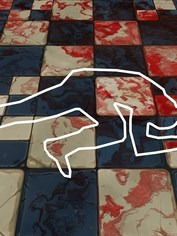
Ulrich Friedrich Willy Joachim von Ribbentrop was born in Prussian Wesel. However, he did not bear the noble name from the very childhood. Already an adult, he was adopted by his own aunt. This event also allowed the vain Ribbentrop to attach to the surname the figure of the nobility in the form of a «background». At the same generously endowed him with the nobility of his aunt, he undertook to do so for life.
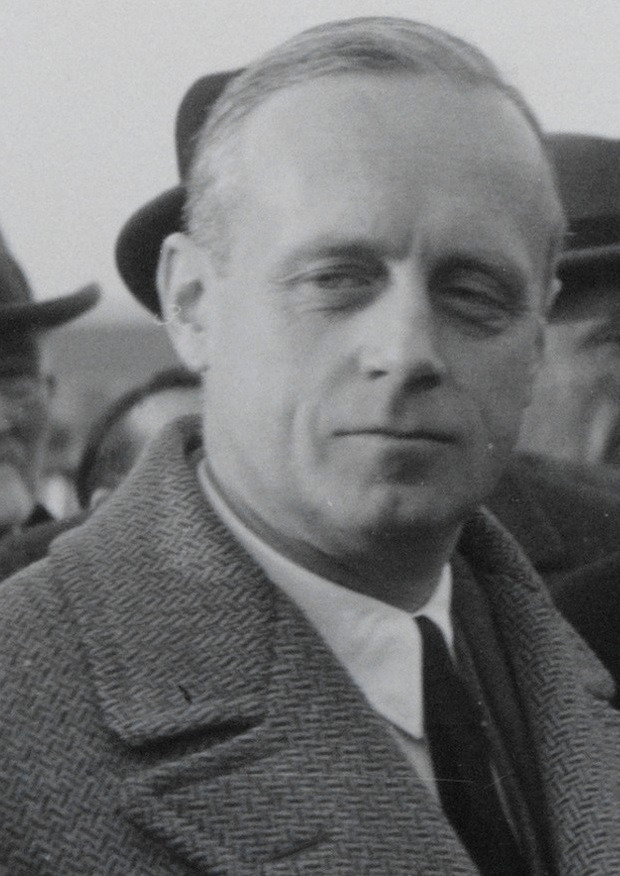
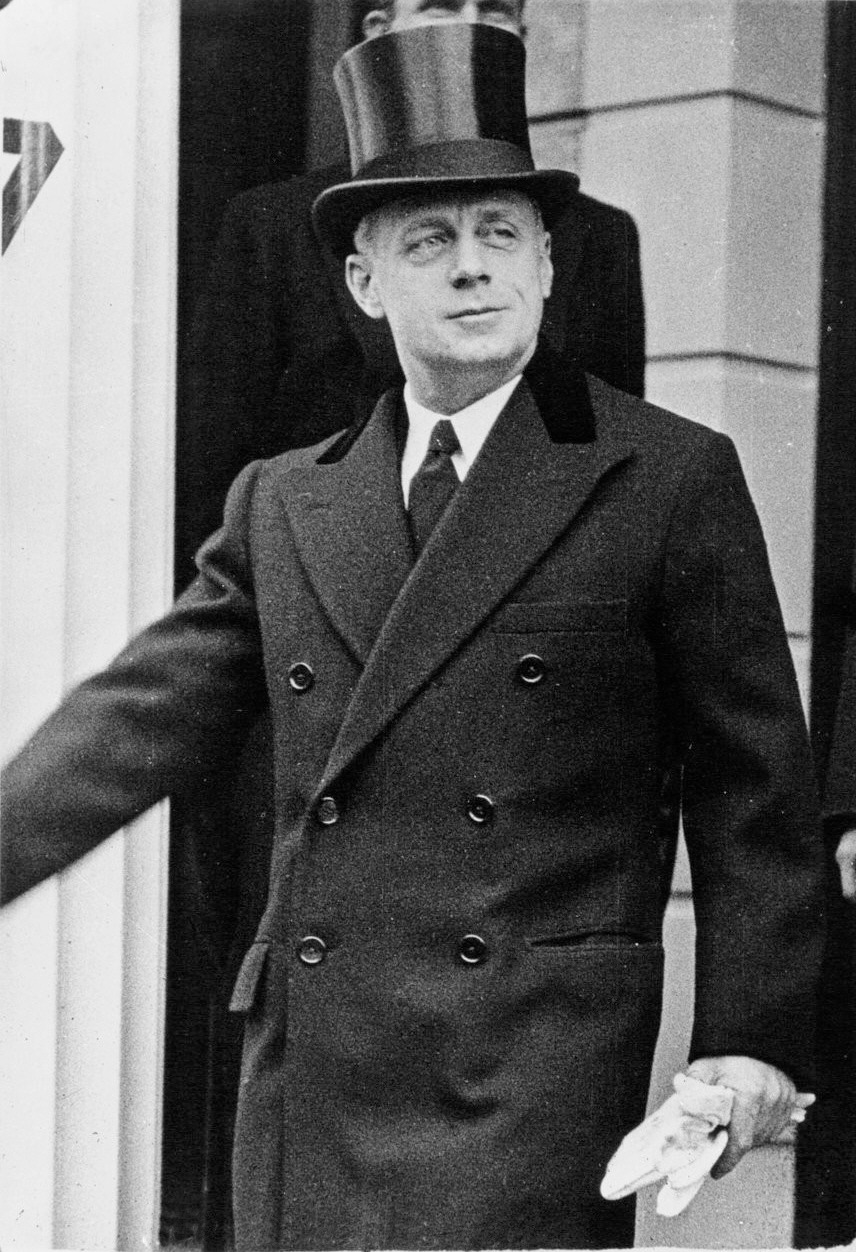
Execution
On April 30, 1893, Joachim von Ribbentrop was born. He was destined to become the head of the Ministry of Foreign Affairs of Germany in the future.
At dawn on October 16, 1946, a dozen men entered the hall of the Nuremberg prison one after another. They all had hands tied up. And each was waiting for the decisive path in thirteen steps, at the end of which the executioner was waiting for them.
The men were so exhausted that almost no one could do this their last journey on their own. However, they were drastically dragged forward by powerful American military men.
And the first victim was wearing a black sack over his head, and a man looped his neck around the neck. It’s time for the last word. It contained a desire for the reunification of Germany and the world on Earth.
Some historians claim that the long phrase could not be heard until the end. The executioner was resolute and did not like lectures on the scaffold. Anyway, the corpse fell into the hole of the scaffold hatch.
The one who had just lost his life was really a negotiator. This is German Foreign Minister Joachim von Ribbentrop. To effectively perform the tasks assigned to him, he simply needed to be able to express himself and, at the same time, unequivocally convincing.
The minister’s surname became widely known on the Russian expanses thanks to the non-aggression pact of 1939, which was signed by Germany from none other than Ribbentrop. Learning about his cruel end, many ask themselves: why did they deal so cruelly with the politician?
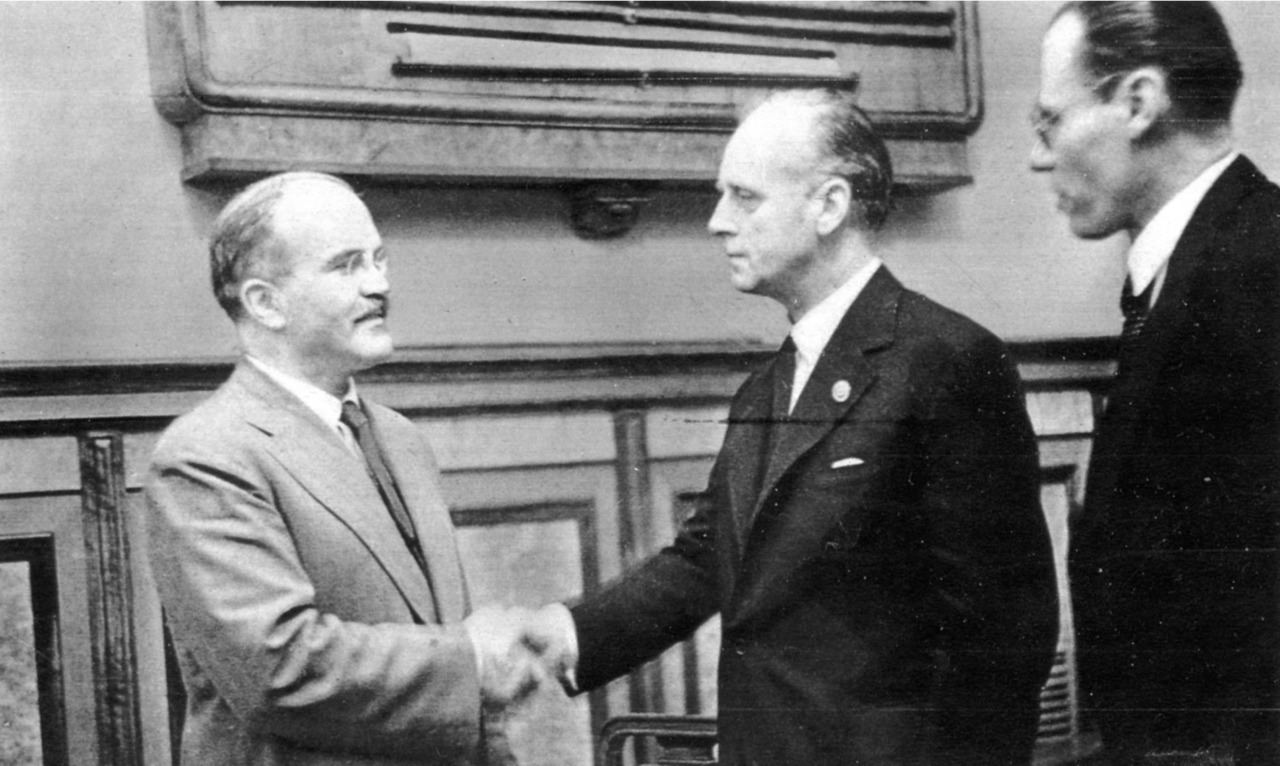
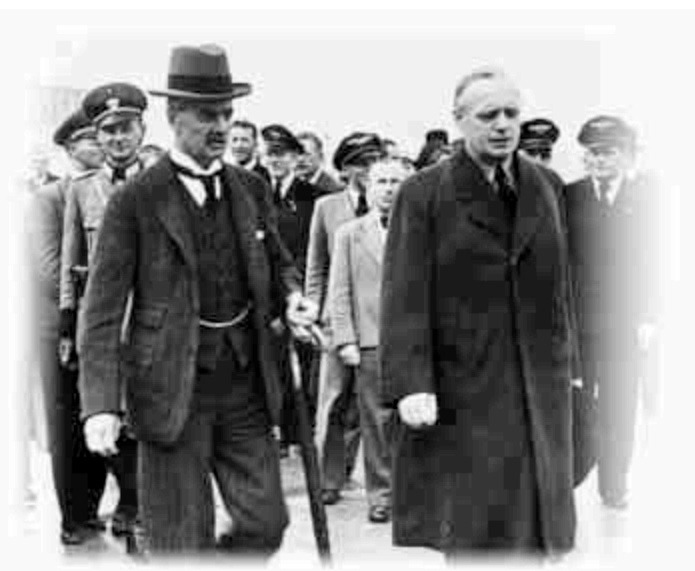
Nobleman from birth
Among the executed Ribbentrop was a regular figure. He personally made a significant contribution to building a powerful Reich. And, than differed from many of his contemporaries, he did not particularly regret what he had done.
Бесплатный фрагмент закончился.
Купите книгу, чтобы продолжить чтение.
